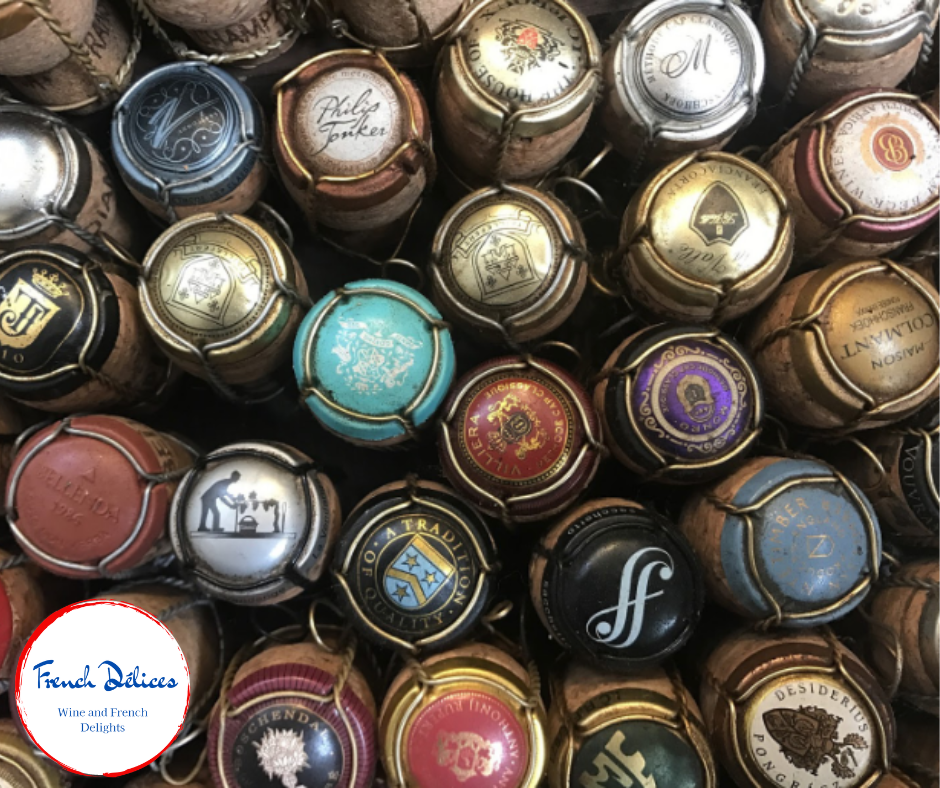Traditionally, the world of wine has been tightly sealed by the embrace of cork. The iconic pop, the romantic gesture of uncorking a bottle, and the promise of fine wines aging gracefully were all part of the cork's mystique. However, as of 2019, there has been a slow but steady shift towards the more contemporary screw cap. So, what's the story behind this battle of cork vs. screw caps? Let's dive into the advantages and disadvantages of both.

The Pros of Cork Stoppers
- Eco-Friendly: Cork stoppers have long been favored for their eco-friendliness. The cork oak trees, which provide the raw material for cork production, can regenerate their bark, allowing periodic harvests over their 200-year lifespan. This makes corks a sustainable and compostable option, aligning perfectly with environmentally conscious wine enthusiasts.
- Embrace Aging: Cork is known to facilitate the graceful aging of wines. It allows a controlled amount of oxygen to interact with the wine, transforming its flavor and aroma over time. This unique quality is what contributes to wines being described as "aging like a fine wine."
- How Romantic: The act of uncorking a bottle has been woven into the fabric of wine culture. The delightful sound of the cork popping is a cherished part of the wine experience that adds to its charm.
The Cons of Cork Stoppers:
- Price: Natural cork stoppers tend to be pricier than screw caps. The quality and brand of corks can vary, leading to different price points.
- Inconsistency: Natural cork's porousness can result in slight variations in wine taste due to differing air intake for each bottle. While this can enhance aging, it can also lead to inconsistent flavors.
- Fragility: Corks can crumble or weaken over time, requiring proper storage to keep them damp and strong. Their fragility can sometimes lead to broken corks during opening.
- Tainting: Approximately 10% of wines may fall victim to "cork taint," which imparts unpleasant aromas to the wine due to the presence of the chemical TCA.
- Equipment Required: Opening a cork-sealed bottle demands a corkscrew and the skill to use it effectively.

The Pros of Screw Caps:
- Easy on the Fingers: While screw caps might lack the traditional allure of uncorking, they are incredibly user-friendly. No need to rummage for a corkscrew; a simple twist of the cap opens the bottle, ready for you to enjoy.
- Affordable: Generally, wines with screw caps are more cost-effective than those sealed with natural corks. This cost savings for wineries often translates to better deals for consumers.
- Longevity: Screw caps create a tight seal, limiting oxygen exposure and reducing the risk of "cork taint." This ensures that the wine's taste remains consistent, and the bottle's lifespan is extended, allowing you to savor it at your own pace.
The Cons of Screw Caps:
- Not-So-Happy Planet: Unlike biodegradable corks, screw caps are made from non-biodegradable materials such as aluminum and plastic liners, which may concern environmentally conscious consumers.
- Aging Ability: There's an ongoing debate about whether screw cap wines can age as gracefully as their cork-stoppered counterparts. Some winemakers argue that the natural interactions between cork and wine are crucial for creating unique, high-quality wines that improve with age.
In the end, the cork vs. screw cap debate is a matter of personal preference. There are no definitive negatives when enjoying your favorite Pinot Noir, Cabernet, or Chardonnay, except perhaps for the occasional "red wine mouth." To prevent embarrassing teeth stains, consider using Wine Nots this summer. With Wine Nots, you can enjoy your wine without the worry of post-indulgence regrets. Cheers!

